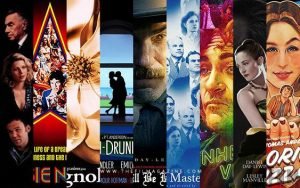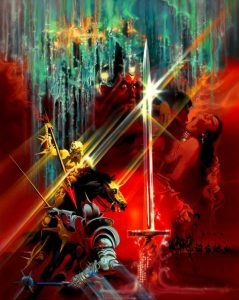The Unconventional Genius of Quentin Tarantino: A Look at the Director’s Iconic Filmography
Quentin Tarantino is one of the most iconic and unconventional directors in the history of cinema. His unique style and approach to storytelling have made him a true genius of the industry. With a filmography spanning over three decades, Tarantino has cemented his place in history with some of the most beloved and influential films of our time. From Reservoir Dogs to Once Upon a Time in Hollywood, this article will take a deep dive into the unconventional genius of Quentin Tarantino and analyze his iconic filmography.
Quentin Tarantino is one of the most iconic and unconventional directors in the history of cinema. His unique style and approach to storytelling have made him a true genius of the industry. With a filmography spanning over three decades, Tarantino has cemented his place in history with some of the most beloved and influential films of our time. From Reservoir Dogs to Once Upon a Time in Hollywood, this article will take a deep dive into the unconventional genius of Quentin Tarantino and analyze his iconic filmography.
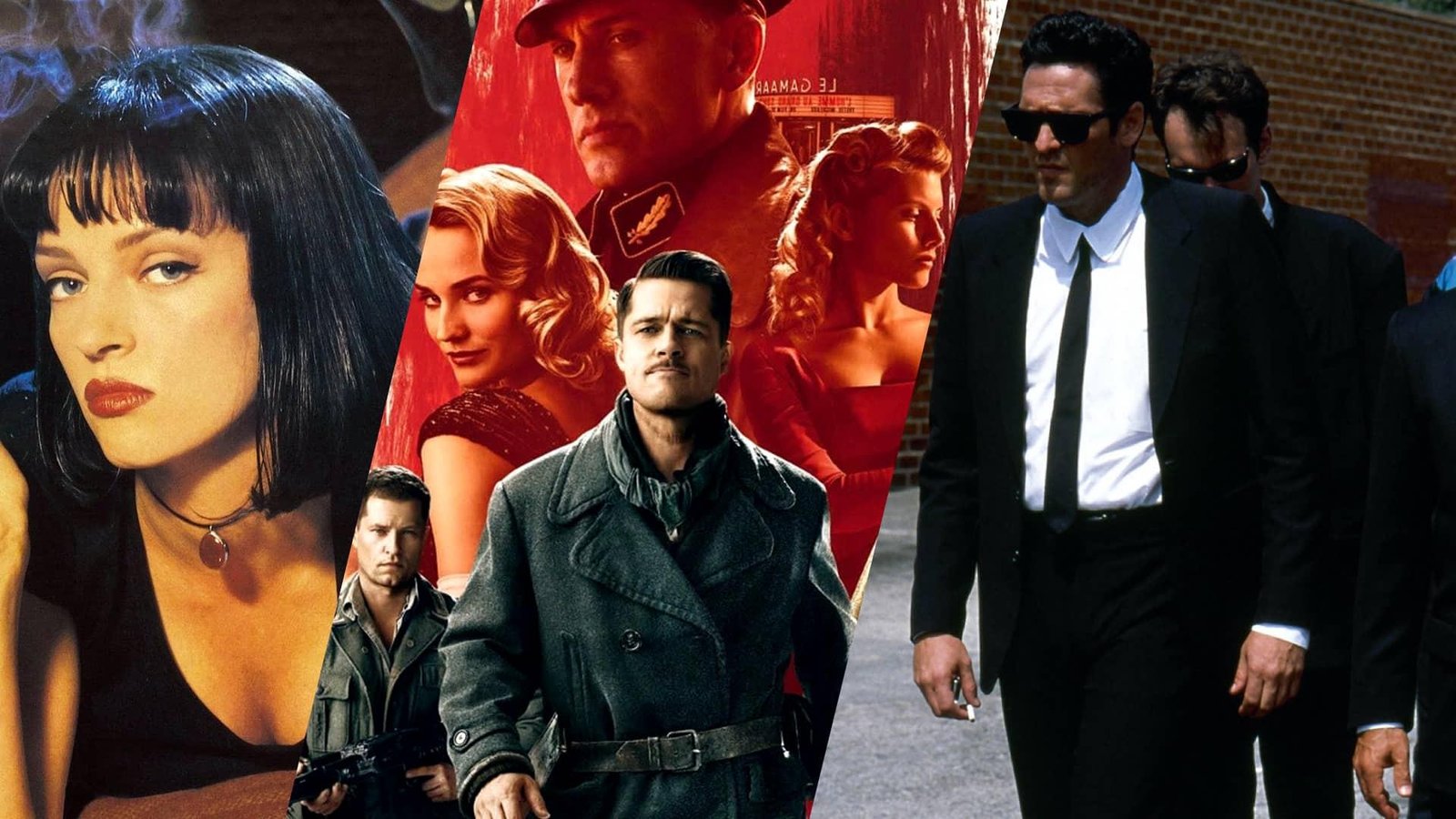
Introduction to Quentin Tarantino as a filmmaker
Quentin Tarantino is a renowned filmmaker whose career has spanned over three decades. He is known for his unique style of storytelling, which often involves nonlinear plots, sharp dialogue, and graphic scenes of violence. Tarantino’s early work includes the cult classics Reservoir Dogs and Pulp Fiction, which established him as a major force in the film industry. He has also directed critically acclaimed movies such as Kill Bill, Django Unchained, and Once Upon a Time in Hollywood. Tarantino is known for his deep love and knowledge of cinema history, which he often references in his work. His films have garnered numerous awards and nominations, and he is widely regarded as one of the most innovative and influential filmmakers of his generation.
Overview of Tarantino’s filmography
Quentin Tarantino, a renowned director, writer and producer, has created some of the most iconic films in modern cinema. From his breakout hit “Reservoir Dogs” to the critically acclaimed “Pulp Fiction,” Tarantino’s films are known for their unique blend of violence, humor and pop culture references. Other notable films in his filmography include “Kill Bill,” “Inglourious Basterds,” “Django Unchained,” and “Once Upon a Time in Hollywood.” Throughout his career, Tarantino has cemented his reputation as a master of storytelling, and his films continue to inspire and entertain audiences around the world.
Themes and motifs in Tarantino’s films
Themes and motifs in Tarantino’s films are a fascinating aspect of his unique cinematic style. From his early films such as Reservoir Dogs and Pulp Fiction to his more recent works like Once Upon a Time in Hollywood, Tarantino has consistently explored themes of violence, revenge, and redemption. His films often feature non-linear storytelling, sharp dialogue, and pop culture references. Tarantino’s use of motifs such as feet, blood, and music also adds to the distinctive style of his movies. Overall, exploring the themes and motifs in Tarantino’s films can provide a deeper understanding of his filmmaking techniques and the impact of his work on the cinema industry.
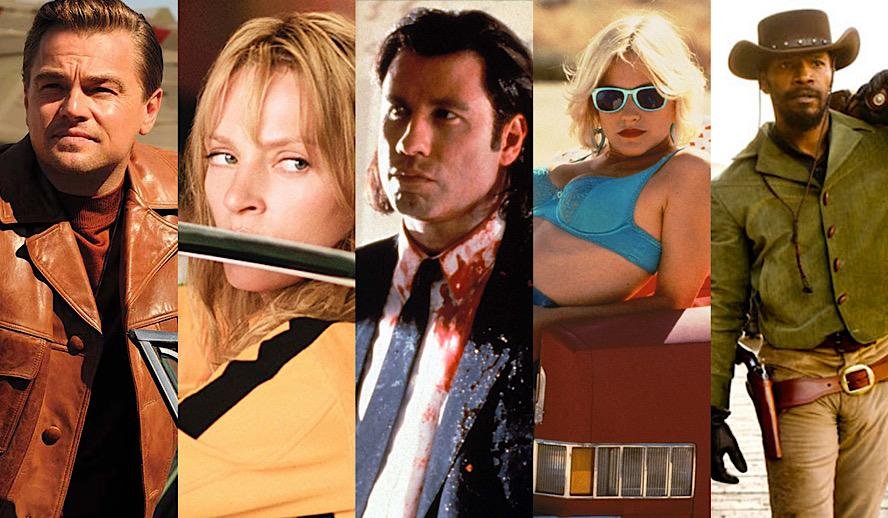
The use of non-linear storytelling in Tarantino’s films
Quentin Tarantino is famous for his unique and innovative approach to storytelling in his movies. One of the most prominent techniques he uses is non-linear storytelling. This method involves presenting the plot in a non-chronological order, which creates a fragmented and nonlinear narrative structure. Tarantino’s films like Pulp Fiction, Kill Bill, and Inglourious Basterds are excellent examples of this technique. By using non-linear storytelling, Tarantino keeps the audience engaged and hooked, creating a sense of anticipation and suspense throughout the film. This technique also allows him to explore different thematic elements and storylines simultaneously, giving his movies a richness and depth that is unique to his style.
The representation of violence in Tarantino’s films
When it comes to Quentin Tarantino’s films, violence is a recurring theme that is often portrayed in an over-the-top and graphic manner. From the ear-slicing scene in Reservoir Dogs to the blood-soaked climax of Kill Bill Vol. 1, Tarantino’s films often embrace violence as a form of entertainment. However, some critics argue that this gratuitous violence can be problematic and glorify aggression. Despite this, Tarantino’s unique style and use of violence have left a lasting impact on cinema and continue to be discussed and analyzed by film enthusiasts.
Tarantino’s use of music in his films
Tarantino’s use of music in his films is one of his most recognizable trademarks. From “Reservoir Dogs” to “Once Upon a Time in Hollywood,” Tarantino carefully selects songs that not only fit the scene but also evoke a specific emotion from the audience. His soundtracks are diverse, combining classic rock, soul, pop, and even classical music. Tarantino’s use of music is not only entertaining but also serves to enhance the story and characters in his films. His iconic use of songs like “Stuck in the Middle with You” in “Reservoir Dogs” and “Misirlou” in “Pulp Fiction” have become synonymous with his directorial style.
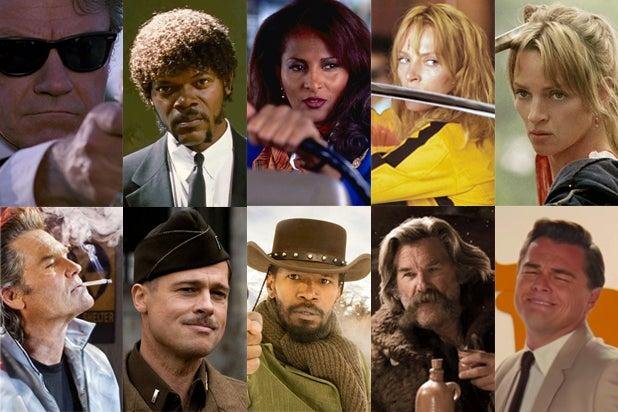
The influence of other filmmakers on Tarantino’s work
Quentin Tarantino is a filmmaker who has always been open about his influences. The filmmaker has often cited other movies and filmmakers as inspiration for his work. In fact, one can easily spot the influences of filmmakers such as Sergio Leone, Martin Scorsese, and Brian De Palma in Tarantino’s films. Tarantino’s movies are known for their use of pop culture references, witty dialogues, and non-linear storytelling – all of which have been influenced by the works of other filmmakers. For instance, the structure of “Pulp Fiction” was inspired by the French New Wave cinema, particularly the works of Jean-Luc Godard. Overall, Tarantino’s unique style can be attributed to his ability to merge his own vision with the techniques and styles of other filmmakers.
The controversy surrounding Tarantino’s use of racial slurs and stereotypes
One of the most polarizing aspects of Quentin Tarantino’s filmography is his use of racial slurs and stereotypes. Many have criticized the director for his gratuitous and sometimes offensive portrayal of certain groups, particularly African Americans. Tarantino has defended his use of these elements as a way to depict the harsh realities of history and society, but others argue that it perpetuates harmful stereotypes and contributes to negative attitudes towards marginalized communities. Regardless of one’s stance on the issue, it is clear that Tarantino’s controversial choices have sparked important conversations about representation and the responsibility of filmmakers in shaping public discourse.
The impact of Tarantino’s films on popular culture
Quentin Tarantino is one of the most influential and controversial filmmakers of our time. His films are renowned for their unique style, sharp dialogues, and extreme violence. The impact of Tarantino’s films on popular culture is undeniable. He has created a cult following around his work, with many of his characters and lines becoming iconic cultural references. Tarantino has also influenced a new generation of filmmakers to push boundaries and experiment with non-linear storytelling. His films have sparked debates around issues of race, gender, and violence in cinema. Tarantino’s legacy in the film industry is sure to continue inspiring and challenging future generations of filmmakers.
Conclusion and final thoughts on Tarantino’s filmography
In conclusion, Quentin Tarantino’s filmography stands out as a unique and groundbreaking work in the history of cinema. His films are known for their unconventional storytelling techniques, captivating characters, and perfect blend of violence, humor, and drama. From his early works like Reservoir Dogs and Pulp Fiction to recent masterpieces like Django Unchained and Once Upon a Time in Hollywood, Tarantino has always pushed the boundaries of filmmaking and challenged the audience’s expectations. Despite criticism for his explicit use of violence and controversial themes, Tarantino remains one of the most influential and iconic directors of our time, and his films will continue to inspire and captivate generations of movie lovers.
For more information about Quentin Tarantino filmography analysis, including movie details, cast information, etc..
check out the filmaffinity page.

